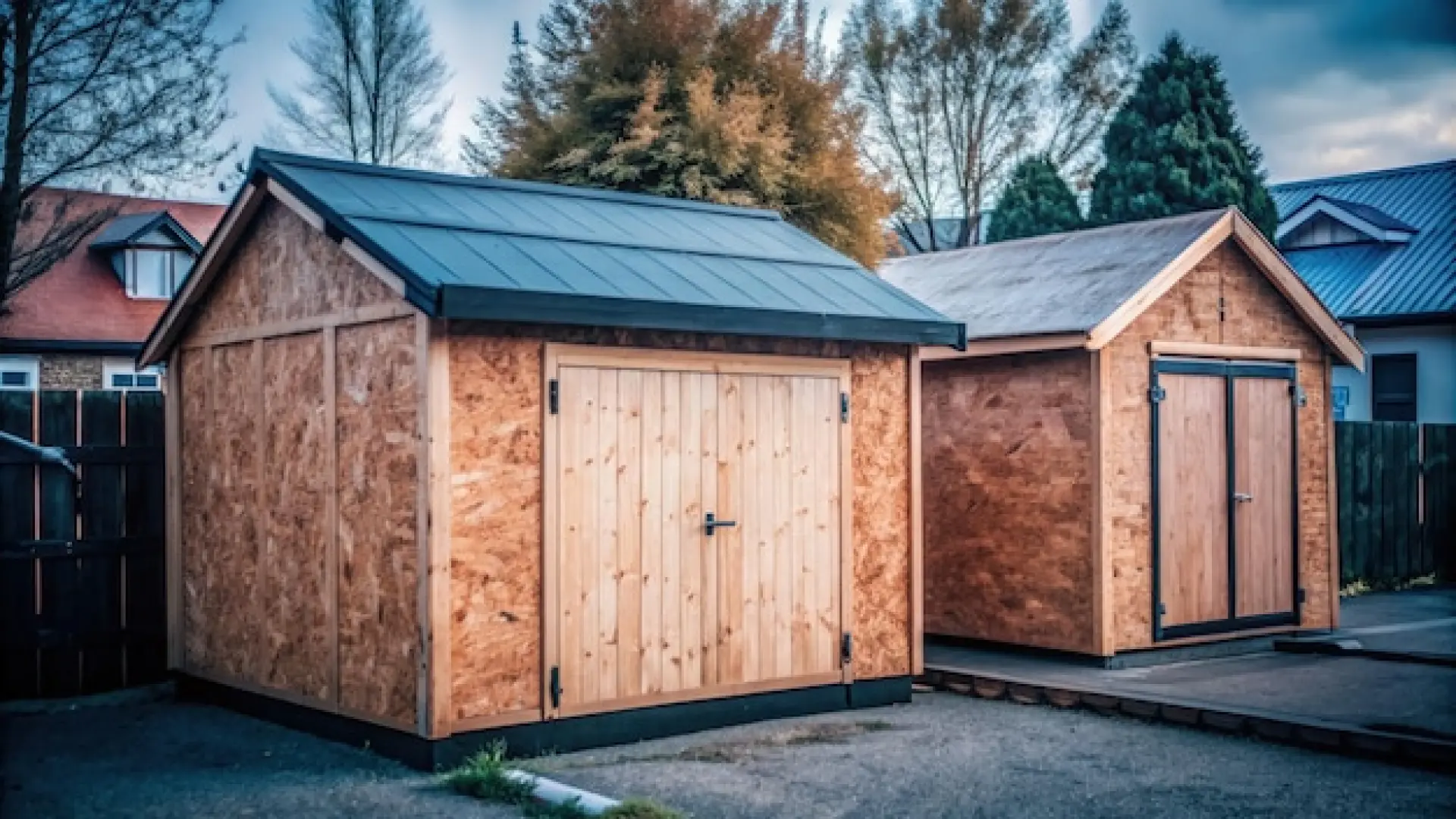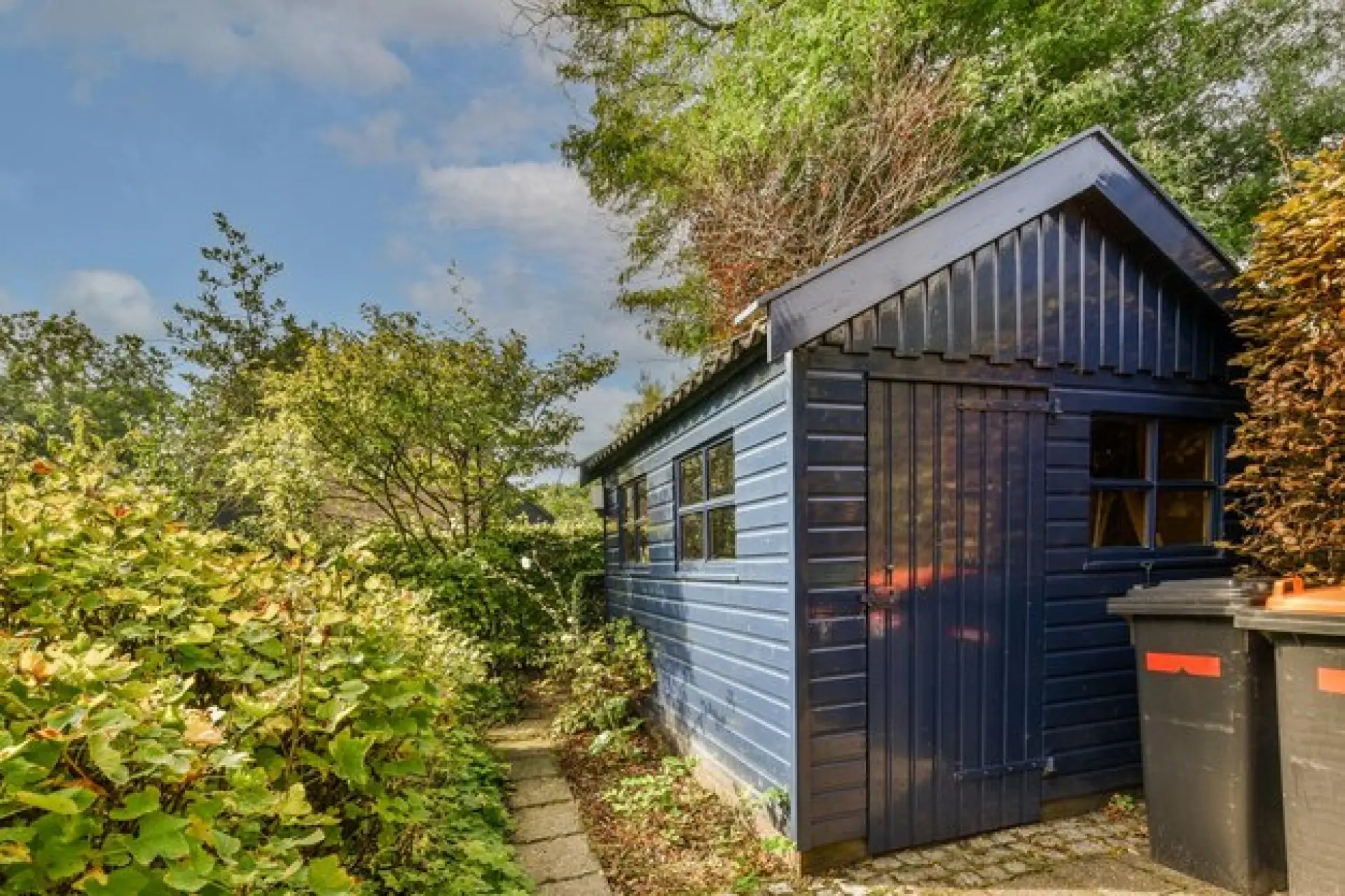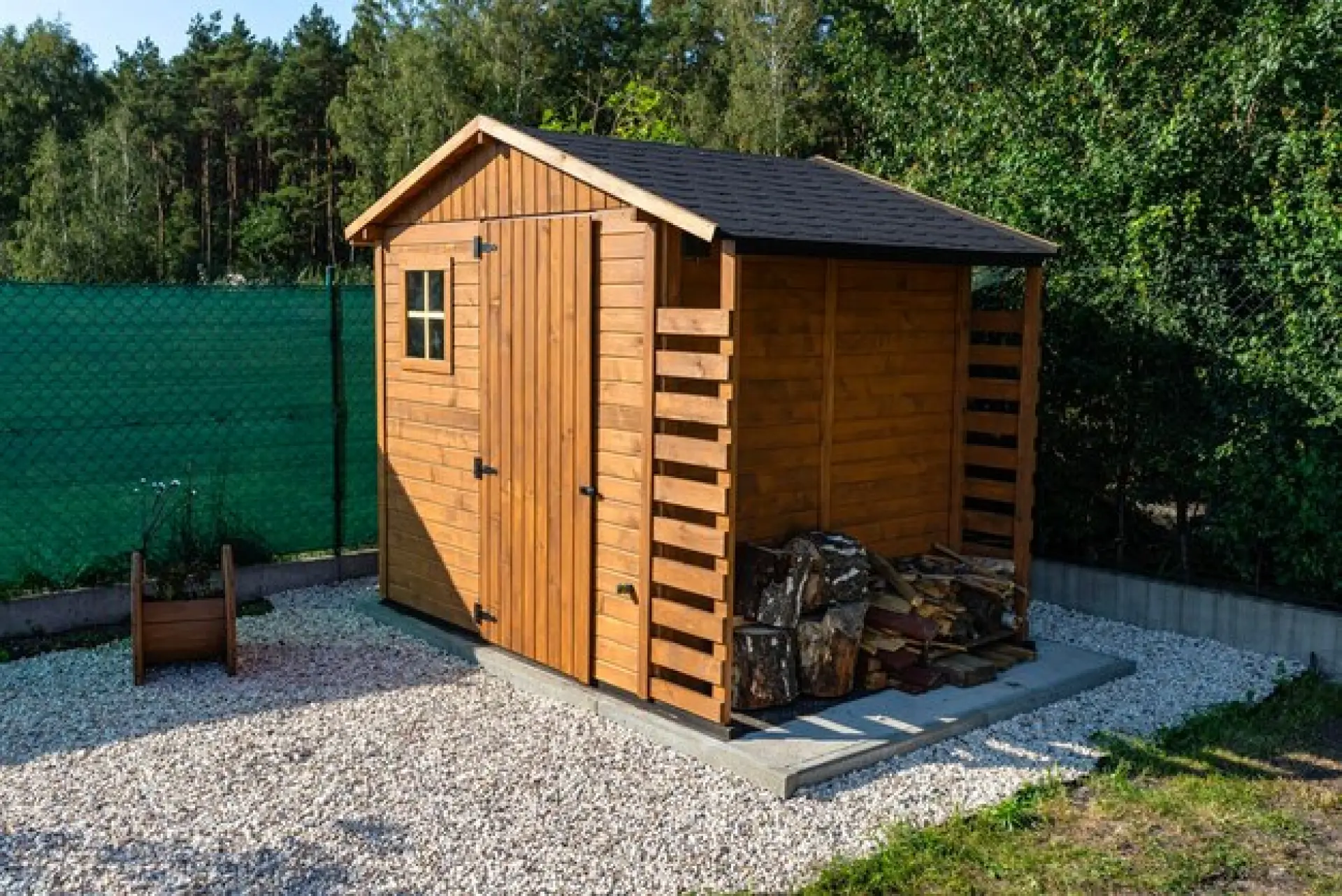Is it cheaper to buy or build a shed in the UK? Discover cost factors for each, considering materials, size, and extras. Your go-to guide for informed decisions.
Cost of Buying a Shed in the UK
The cost of buying a shed in the UK depends on the size, materials, and type of construction. A small wooden shed typically starts at around £300, while larger or higher-quality options, such as metal or pressure-treated timber sheds, can cost between £800 and £2,000. Premium models, like insulated garden offices, can exceed £5,000.
Many retailers offer ready-made sheds that include delivery and installation, adding convenience but increasing the overall price. Extras such as reinforced flooring, windows, and custom finishes can further raise costs. Buying a shed is ideal for those looking for a quick, hassle-free solution, but the price can be significantly higher compared to a DIY approach.
Factors Affecting Shed Costs
Several factors influence the cost of both buying and building a shed. Material choice is a key factor, with wood generally being more expensive than metal or plastic. The size of the shed also impacts the price, as larger structures require more materials and labour.
Additional features, such as double doors, windows, shelving, and insulation, can increase costs. Location and delivery fees should also be considered, especially for pre-built sheds. If constructing a shed yourself, costs may be affected by the availability of tools, labour, and the need for a solid foundation. Ultimately, the total expense depends on budget, materials, and customisation preferences.

Other cost-related factors include long-term maintenance and energy efficiency. Wooden sheds may require regular treatment to prevent rot and insect damage, which adds ongoing costs.
Metal sheds are resistant to weather but can suffer from condensation issues if not properly ventilated.
Additionally, the type of base required will affect overall expenses. A concrete foundation is durable but more expensive, while a wooden base is cheaper but may need replacing sooner.
If insulation or electricity is needed, these extras can significantly increase the budget. For those looking at long-term investment, it is essential to weigh up not just the upfront cost but also future expenses.
Cost of Building a Shed Yourself
Building a shed yourself can be a cost-effective option, but expenses vary depending on materials and tools.
A basic wooden shed can be built for as little as £200-£500 using budget materials. However, if high-quality timber, roofing felt, and proper insulation are used, costs can rise to £1,000 or more. The price of tools such as saws, drills, and hammers should also be considered, especially if they are not already owned.
Additionally, materials like screws, nails, and hinges add to the total. While a DIY shed can save money on labour, it requires time, skill, and effort to complete successfully.
Pros and Cons of Building a Shed
Building a shed yourself offers several advantages, including lower costs, the ability to customise the design, and a sense of achievement.
DIY sheds can be tailored to specific needs, allowing for better use of space. However, there are also downsides. Constructing a shed requires time, effort, and DIY knowledge. Mistakes can lead to structural issues, making the shed less durable.
The cost of tools and materials can add up, making it less economical than expected. Additionally, a self-built shed may not come with a warranty, meaning repairs and replacements are the owner’s responsibility.
Pros and Cons of Buying a Shed
Buying a shed provides convenience and reliability, with many models available pre-assembled or in easy-to-build kits. Professionally manufactured sheds are often more durable and come with warranties, ensuring long-term value. However, pre-built sheds can be expensive, especially when factoring in delivery and installation costs.
Choices may also be limited in terms of design and size, meaning buyers may need to compromise on features. Some sheds require additional maintenance, such as weatherproofing or reinforcement, which can increase costs over time. While buying a shed is quicker and easier, it may not be the most budget-friendly option.
Which Option is More Cost-Effective?
Whether building or buying a shed is more cost-effective depends on budget, skills, and time. A DIY shed can be cheaper if affordable materials are used and tools are already owned. However, without construction experience, mistakes can lead to extra costs.
Buying a shed is often more expensive upfront but provides reliability and convenience. If long-term durability and minimal effort are priorities, purchasing a pre-built shed may be the better option. For those willing to invest time and effort, a self-built shed can be a rewarding and cost-saving project. Ultimately, the best choice depends on individual needs and resources.

Another key consideration when comparing costs is the resale value of the shed. Pre-manufactured sheds from reputable brands often hold their value better, making them a more attractive option if the property is later sold.
DIY sheds, on the other hand, may not meet professional construction standards, which could reduce their resale appeal.
Additionally, planning permission may be required for larger, more complex builds, potentially adding unexpected expenses. Those choosing to build should also factor in the time commitment—what seems like a weekend project can quickly turn into a long-term task. Considering all these elements, while DIY sheds can be more cost-effective, the savings may not always outweigh the added effort and potential challenges.
Adding or upgrading decking can transform your outdoor space and enhance your property's value. Whether you choose traditional wood, durable hardwood, or low-maintenance composite, the right choice depends on your style and budget.
Ready to start your decking project or need expert advice? Get in touch with us today for decking supplies in Blackburn, Bolton, Preston and Lancashire!




